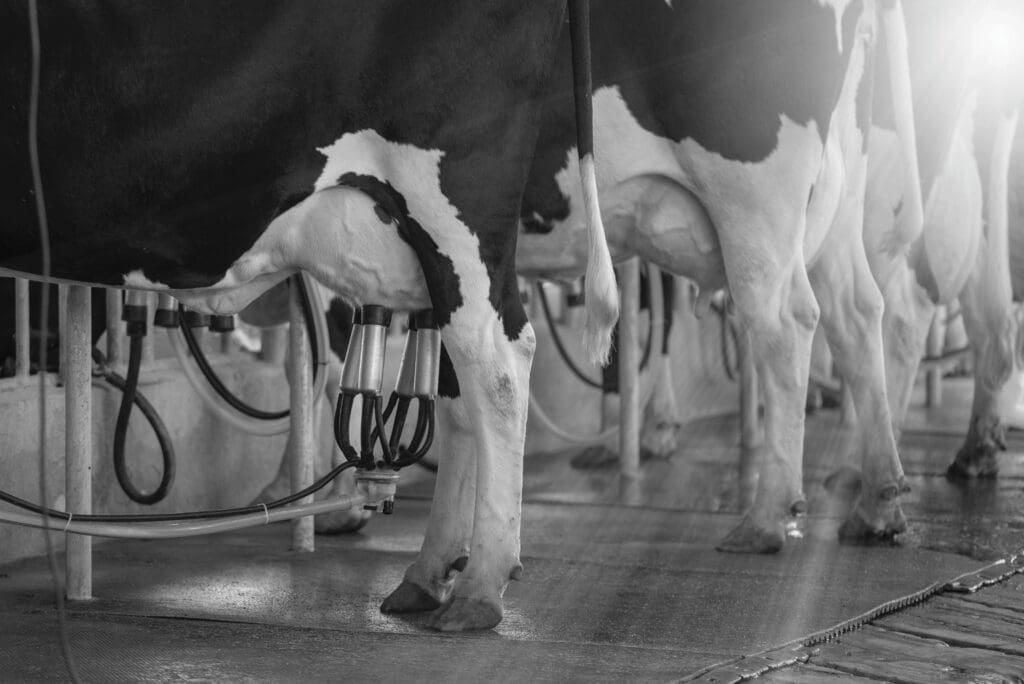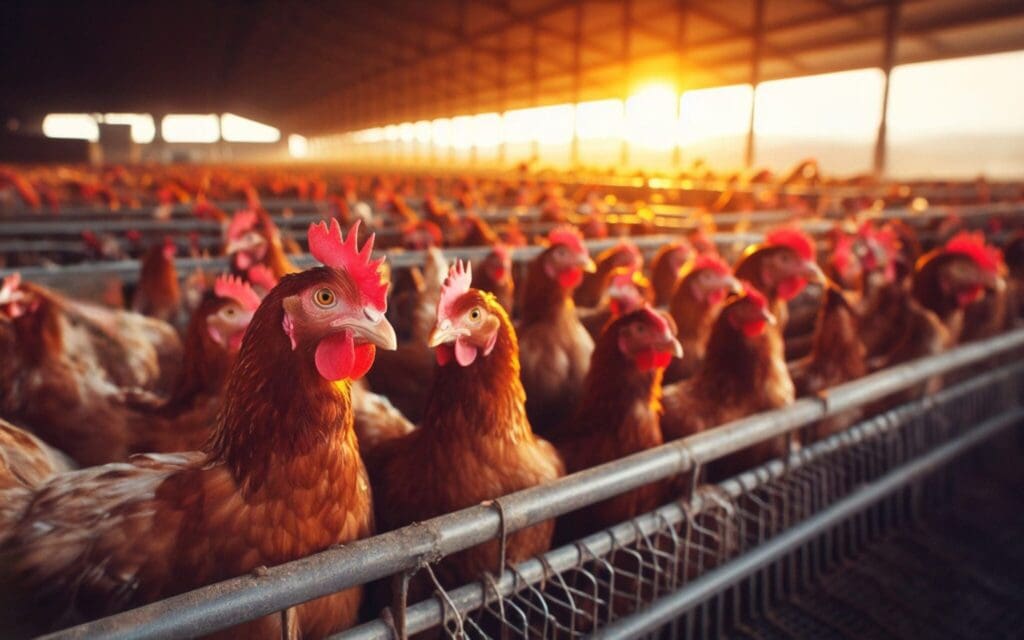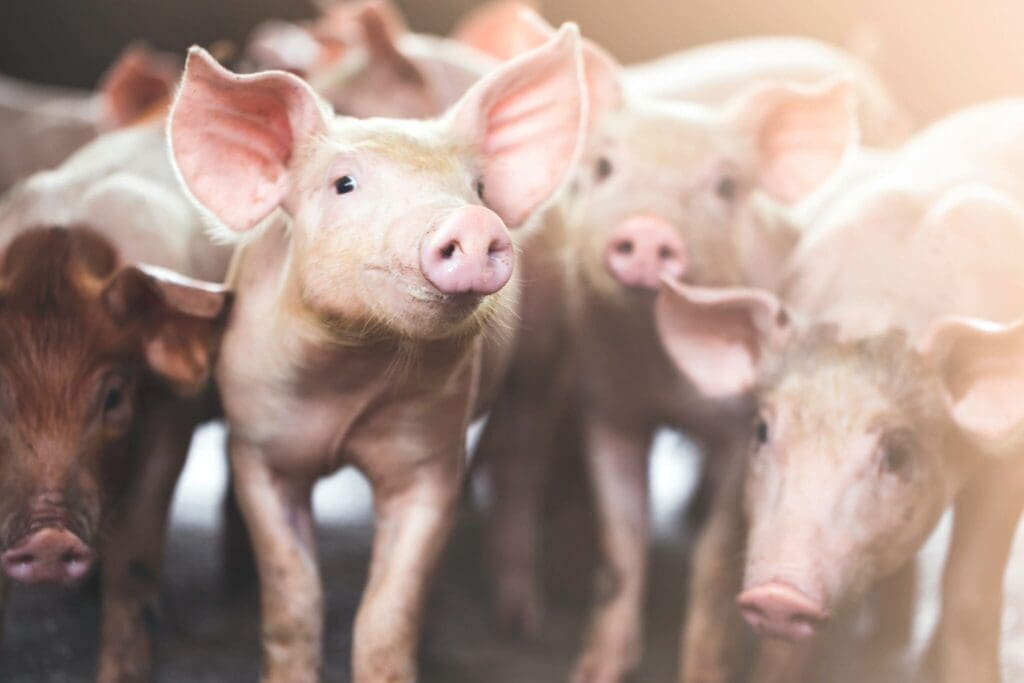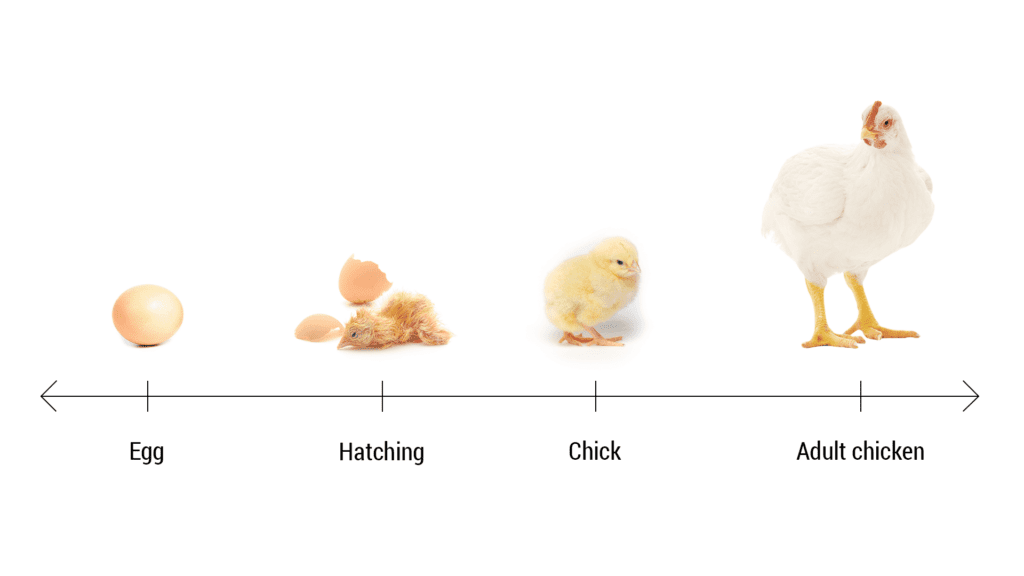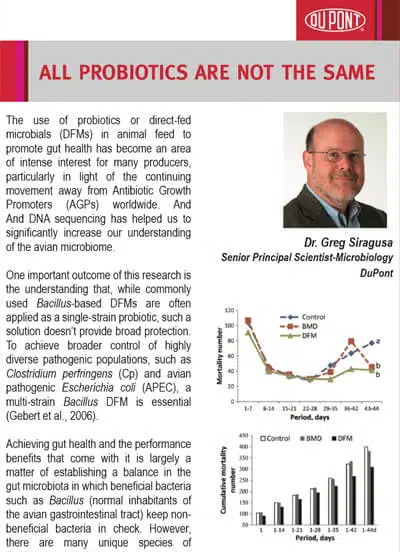The use of probiotics or direct-fed microbials (DFMs) in animal feed to promote gut health has become an area of intense interest for many producers, particularly in light of the continuing movement away from Antibiotic Growth Promoters (AGPs) worldwide. And And DNA sequencing has helped us to significantly increase our understanding of the avian microbiome.
One important outcome of this research is the understanding that, while commonly used Bacillus-based DFMs are often applied as a single-strain probiotic, such a solution doesn’t provide broad protection To achieve broader control of highly diverse pathogenic populations, such as C/ostridium perfringens (Cp) and avian pathogenic Escherichia coli (APEC), a multi-strain Bacillus DFM is essential (Gebert et al, 2006).
Achieving gut health and the performance benefits that come with it is largely a matter of establishing a balance in the gut microbiota in which beneficial bacteria such as Bacillus (normal inhabitants of the avian gastrointestinal tract) keep nonbeneficial bacteria in check. However, there are many unique species of Bacillus, and within each species are numerous subtypes known as strains, and the effectiveness of each strain against specific genotypes of pathogens ( of which there are also many) varies considerably. DFMs really are not all the same and therefore the results achieved can vary substantially
Adding further complexity is the degree to which levels of Cp and APEC and their various respective genotypes differ between individual operations and farms It has been shown that subtypes of APEC and Cp vary, not only from facility to facility, but also within a given operation over time (Gebert et al, 2006) Every site’s microbial environment is a unique and ever-changing landscape.
Given this high variability, achieving broad spectrum pathogen control requires the application of those specific Bacillus strains providing effective inhibition of the widest array of those pathogens of greatest concern. DuPont has screened thousands of gut samples from major poultry companies for over 15 years to develop a unique library of Bacillus spp strains with varying activities. Our DFM product, based on three of these strains, has been shown to provide a viable alternative to commonly used in-feed antibiotics in terms of supporting liveability and production efficiency (see Figure 1), and when combined with feed enzymes, can deliver net benefits of 14 % in relative cost per pound live weight gain in a necrotic enteritis (NE) challenge model
Chemuniqué empowers feed and food producers with the most innovative animal performance solutions, enabling our clients to consistently advance the efficiency of production.
